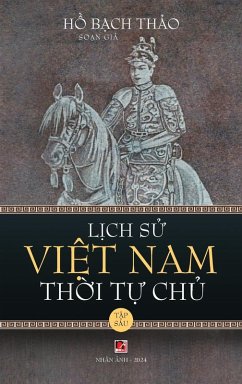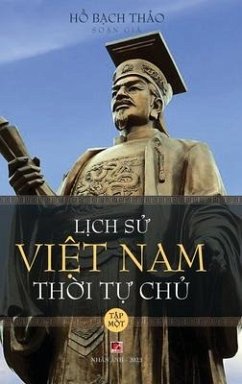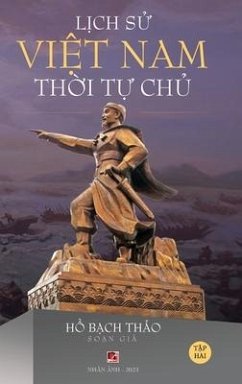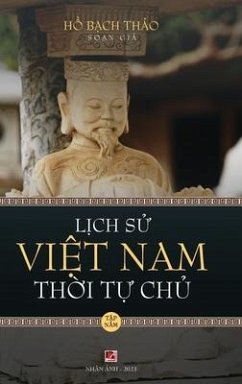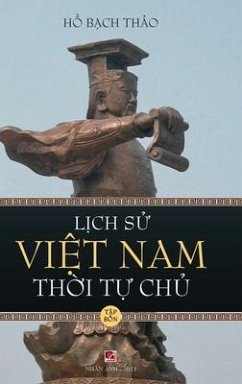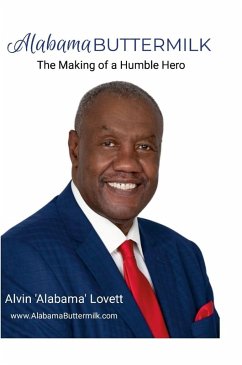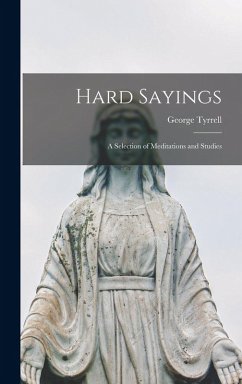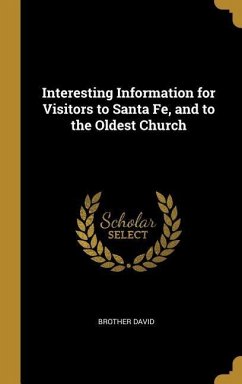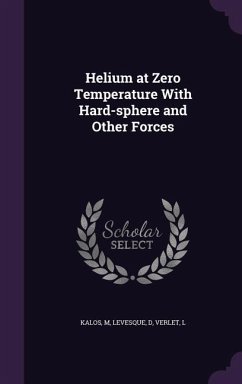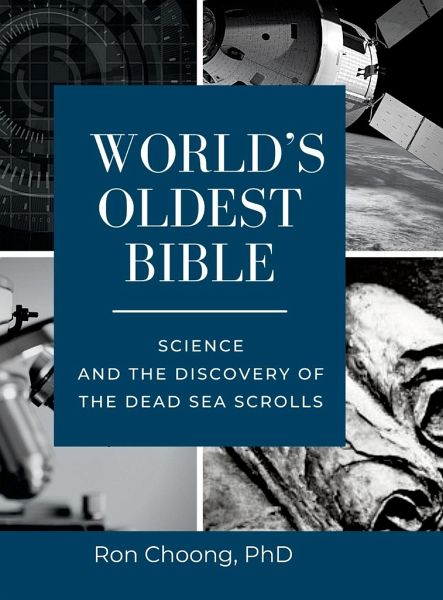
World's Oldest Bible (Hard Cover/Color)
Science and the Discovery of the Dead Sea Scrolls
Versandkostenfrei!
Versandfertig in 1-2 Wochen
58,99 €
inkl. MwSt.

PAYBACK Punkte
29 °P sammeln!
The discovery of the world's oldest bible in 1947 changed forever the way we understand the Christian Scriptures. Interdisciplinary theologian of science Ron Choong takes us through the history, economics and politics of the search for the Dead Sea Scrolls, the science that helped date and decipher them, as well as what it means for us today. Beliefs in God are often inherited, adopted and adapted from people we trust, who discerned God's revelation in nature. Modern science helps us examine some of these beliefs with new knowledge about creation, from subatomic particles to quasars, from viru...
The discovery of the world's oldest bible in 1947 changed forever the way we understand the Christian Scriptures. Interdisciplinary theologian of science Ron Choong takes us through the history, economics and politics of the search for the Dead Sea Scrolls, the science that helped date and decipher them, as well as what it means for us today. Beliefs in God are often inherited, adopted and adapted from people we trust, who discerned God's revelation in nature. Modern science helps us examine some of these beliefs with new knowledge about creation, from subatomic particles to quasars, from viruses to whales, and from DNA to dementia. Technology unlocks long-hidden information to reconstruct historical events. Archaeological excavations form the only source of new data to understand the Bible and its formation by unearthing buried artifacts. Among these are the Dead Sea Scrolls, which show that during Jesus' time, Scripture was a work-in-progress testifying to God's presence. The biblical writers conveyed God's eternal message using the various media and vocabularies of their different times and geographies. We can distinguish the Bible's message from the media by asking the right questions. God's revelation in the sciences can enrich our beliefs with spiritual integrity.






